Introduction
A consistent bedtime routine is one of the best gifts you can give your child—and yourself! A calming routine not only helps children transition from the excitement of the day to a restful night’s sleep but also promotes physical, emotional, and mental well-being. While every family’s bedtime routine may look different, the key elements remain the same: creating a sense of security, winding down, and preparing for sleep. Let’s explore why bedtime routines are so valuable and how to establish one that works for your family.
1. Better Sleep Quality
Children thrive on consistency, and a regular bedtime routine helps them develop a strong internal clock. Knowing what to expect each night signals the body to wind down and prepare for sleep, leading to better rest overall.
- Regulates Sleep Patterns: A routine helps the body understand when it’s time to sleep, establishing healthy sleep patterns that support better overall health.
- Easier Transitions to Bed: When children have a consistent pattern leading up to bedtime, they’re more relaxed and receptive to the idea of sleep, making bedtime smoother for everyone.
Tip: Start the routine at the same time every night to help set an internal rhythm that your child’s body will naturally follow.
2. Supports Emotional Well-Being
A predictable bedtime routine provides a sense of security and stability, which is essential for children’s emotional health. A winding-down period allows them to process the day’s events, share their thoughts, and feel safe and cared for.
- Creates a Calm Environment: The quiet, predictable nature of a bedtime routine reduces stress and anxiety, helping children feel calm and secure.
- Encourages Emotional Bonding: Bedtime is a unique opportunity for one-on-one connection with your child. Storytime, cuddles, or a few minutes of chatting about the day can help build trust and strengthen your bond.
Tip: Include a small “talk time” in your routine where children can share their day’s highlights or any concerns. This not only deepens your connection but also reassures them before bed.
3. Promotes Physical Health and Growth
Quality sleep is critical for children’s physical development, immune system strength, and cognitive functioning. A solid bedtime routine contributes to healthy sleep patterns, which, in turn, support growth and well-being.
- Supports Growth: During deep sleep, the body releases growth hormones essential for physical development. A consistent bedtime routine ensures children get enough restorative sleep to grow and thrive.
- Boosts Immunity: A well-rested body is better equipped to fend off illnesses, so a good bedtime routine can help prevent frequent colds and other minor ailments.
- Improves Focus and Learning: Quality sleep boosts memory, attention, and learning—crucial for a child’s cognitive development.
Tip: Include a warm bath or shower as part of the bedtime routine to help relax muscles and prepare the body for rest.
4. Encourages Independence and Responsibility
A bedtime routine can be a valuable learning experience that encourages children to take responsibility for their own sleep habits. As they grow, they’ll develop a sense of independence by learning how to wind down on their own.
- Builds Self-Discipline: Following a routine each night teaches children the importance of self-discipline and the benefits of healthy habits.
- Teaches Responsibility for Self-Care: Small tasks like brushing teeth, putting on pajamas, or choosing a bedtime story help children develop a sense of ownership over their bedtime.
- Prepares for Future Routines: Establishing a bedtime routine helps children understand and appreciate the structure, preparing them for other daily routines and responsibilities in life.
Tip: Create a simple bedtime checklist with pictures or symbols that your child can follow, making the routine engaging and reinforcing their sense of responsibility.
5. Supports Mental Well-Being
The transition from an active day to restful sleep can be challenging for young minds. A bedtime routine provides an important opportunity for children to mentally unwind, reducing nighttime restlessness and promoting deeper, more rejuvenating sleep.
- Prepares the Brain for Sleep: A winding-down routine, like reading or gentle stretching, helps quiet the mind, releasing the day’s excitement and reducing stimulation.
- Reduces Sleep Anxiety: Some children experience anxiety at bedtime, fearing the dark or separation. A consistent routine builds familiarity, which eases fears and makes bedtime a positive experience.
- Encourages Relaxation Techniques: Simple relaxation activities, like deep breathing or a favorite lullaby, help children learn ways to calm their minds—a valuable skill they can use throughout life.
Tip: Introduce a short relaxation exercise, like deep breathing or gentle music, to help your child unwind mentally and settle in for the night.
6. Tips for Creating a Bedtime Routine
Establishing an effective bedtime routine doesn’t have to be complicated. Here are some steps to help you build a routine that works for your family:
- Set a Consistent Bedtime: Choose a bedtime that works well with your family’s schedule and stick to it as closely as possible.
- Limit Screen Time Before Bed: Avoid screens at least an hour before bed. The blue light from screens can interfere with the production of melatonin, a hormone that promotes sleep.
- Keep It Simple and Soothing: A bedtime routine doesn’t need to be long. Include calming activities like brushing teeth, reading a story, and cuddling to create a gentle transition.
- Include Choices for Your Child: Allowing children to choose a book or pick out pajamas gives them a sense of control and makes them more likely to embrace the routine.
- Adjust as Needed: As children grow, their needs and interests change. Feel free to adjust the routine to keep it relevant and effective.
Sample Bedtime Routine
Here’s a simple bedtime routine to give you some ideas:
- Wind Down: Dim the lights and turn off screens an hour before bed to signal that it’s time to start winding down.
- Bath or Wash-Up: A warm bath or face wash helps children feel refreshed and ready for bed.
- Pajamas and Teeth Brushing: Encourage children to take responsibility for their hygiene, helping them put on pajamas and brush their teeth.
- Storytime: Reading a book helps children settle down and transition from playtime to sleep mode.
- Calm and Cuddle: A few minutes of quiet talk, cuddling, or singing a lullaby reinforces emotional security.
- Lights Out: Say goodnight and turn off the lights, leaving them with a comforting word or phrase to help them drift off peacefully.
Conclusion
A consistent bedtime routine is essential for children’s overall well-being. It nurtures their physical, mental, and emotional health, making bedtime a positive experience rather than a nightly battle. By setting up a simple, calming routine, you’re helping your child develop healthy sleep habits that will benefit them for a lifetime. So, take the time to create a routine that works for your family, and enjoy the precious moments of connection and calm that bedtime can bring.



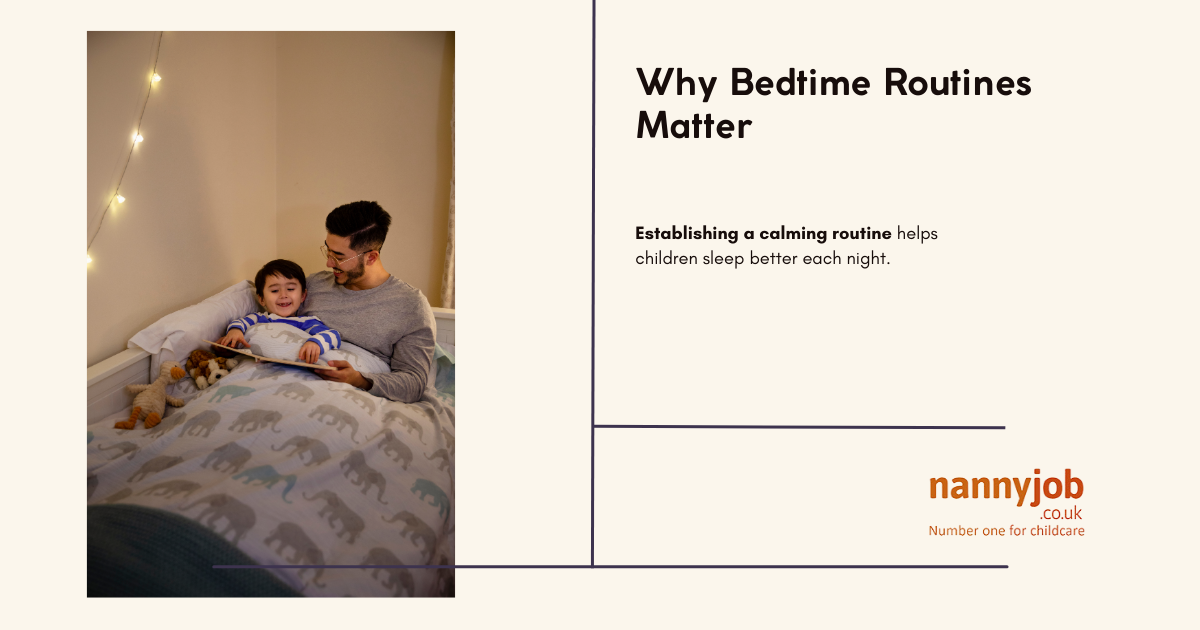
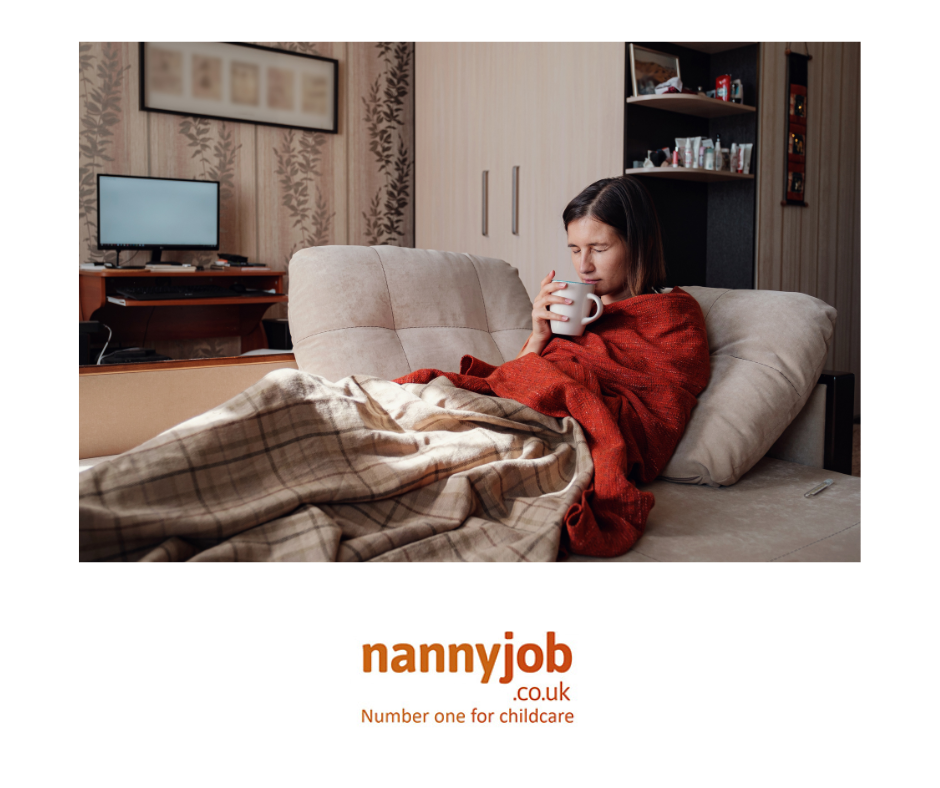
 April is Stress Awareness Month!
April is Stress Awareness Month! 
 Prioritising self-care and mental well-being is crucial for both our personal health and professional success. Here are some tips to help reduce stress and maintain a healthy work-life balance:
Prioritising self-care and mental well-being is crucial for both our personal health and professional success. Here are some tips to help reduce stress and maintain a healthy work-life balance:


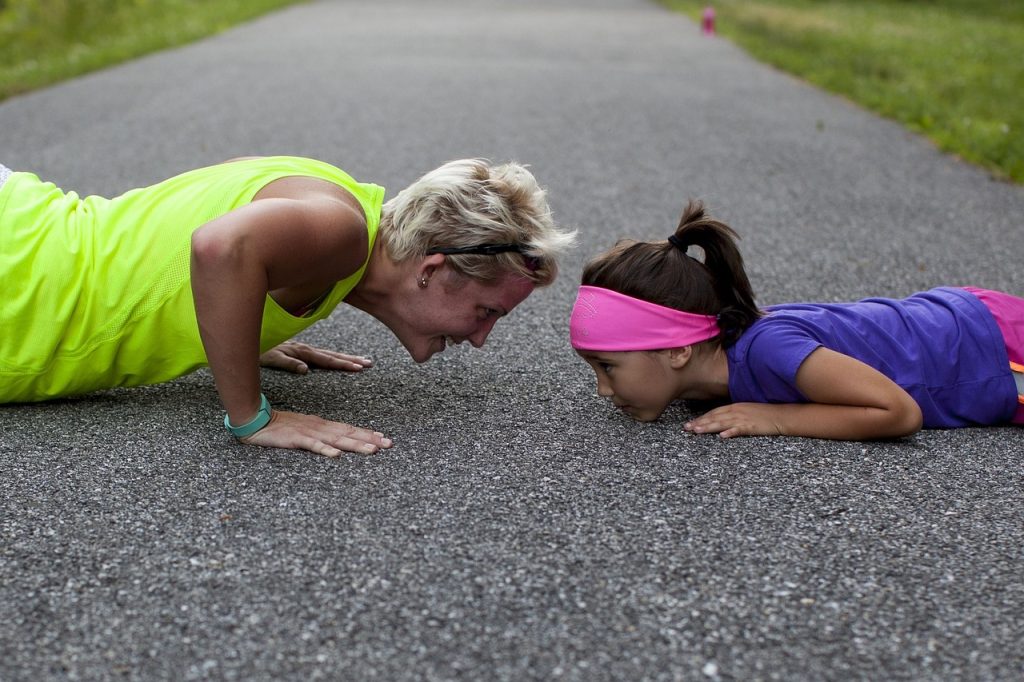
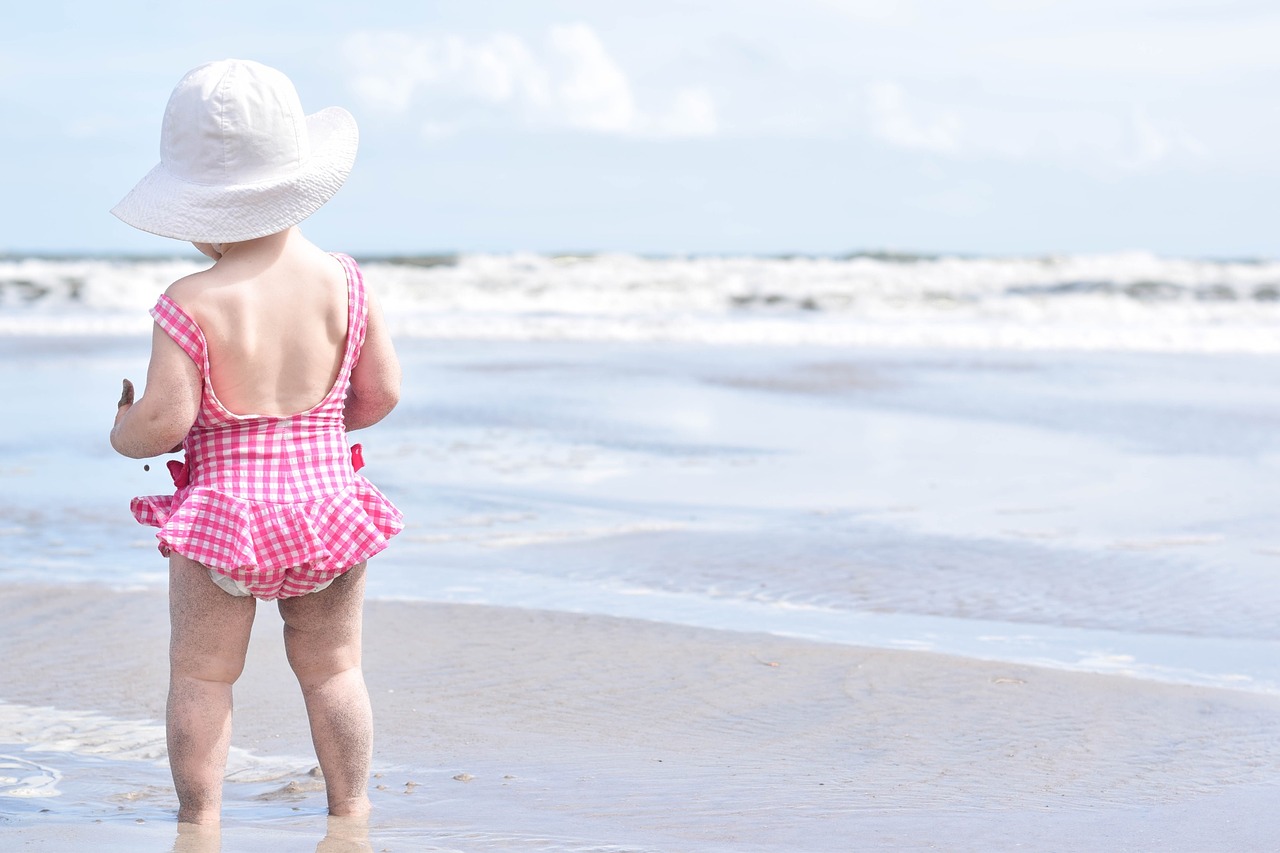
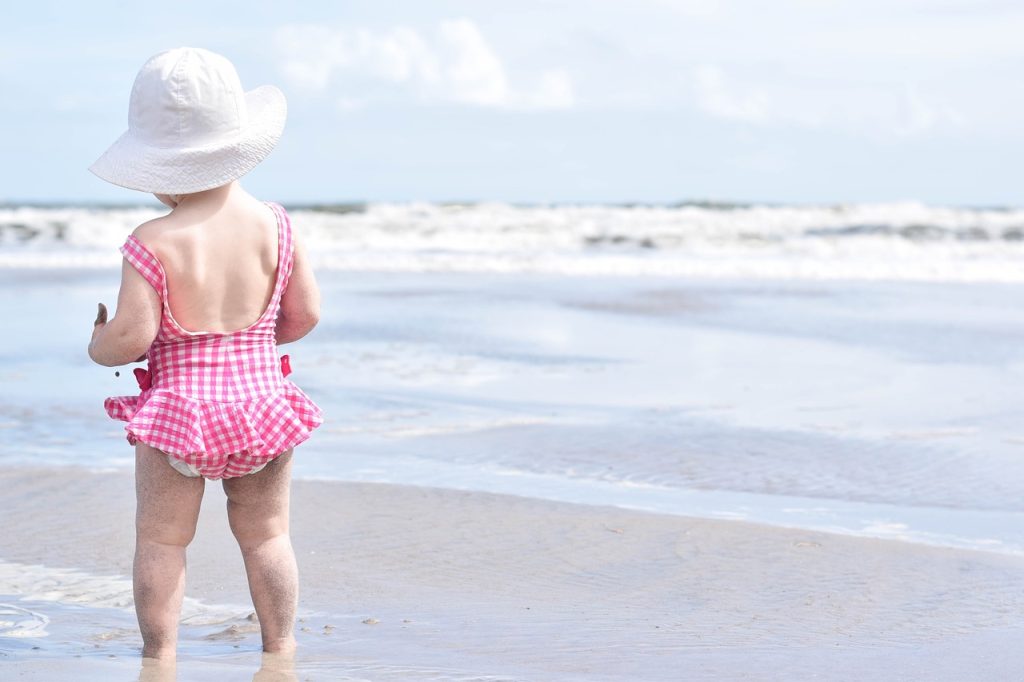

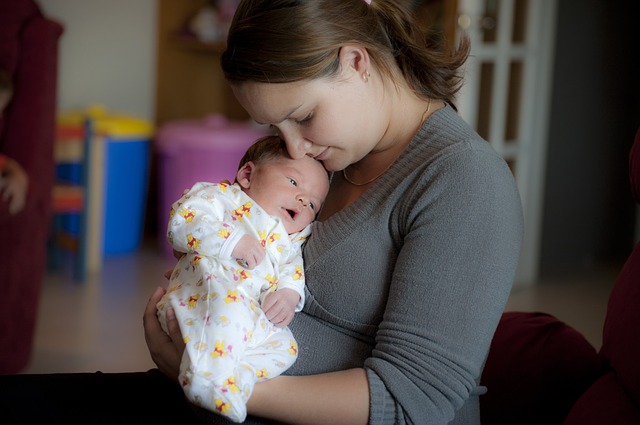
 Whilst being outside and exploring is a fun way for children to spend their time, sometimes these activities can lead to accidents. Common injuries that can occur include cuts and grazes, bumps to the head, sprains and foreign objects in the eye.
Whilst being outside and exploring is a fun way for children to spend their time, sometimes these activities can lead to accidents. Common injuries that can occur include cuts and grazes, bumps to the head, sprains and foreign objects in the eye.